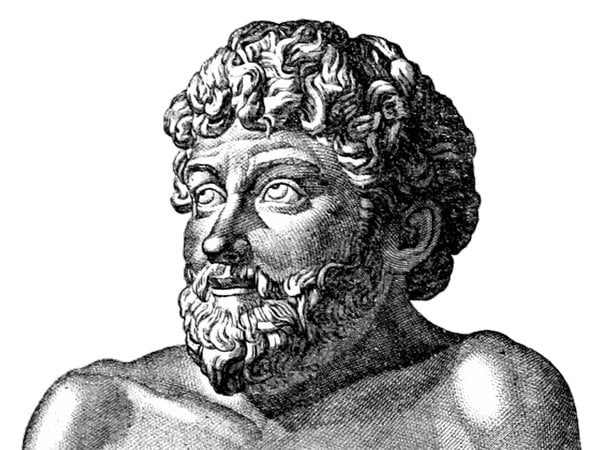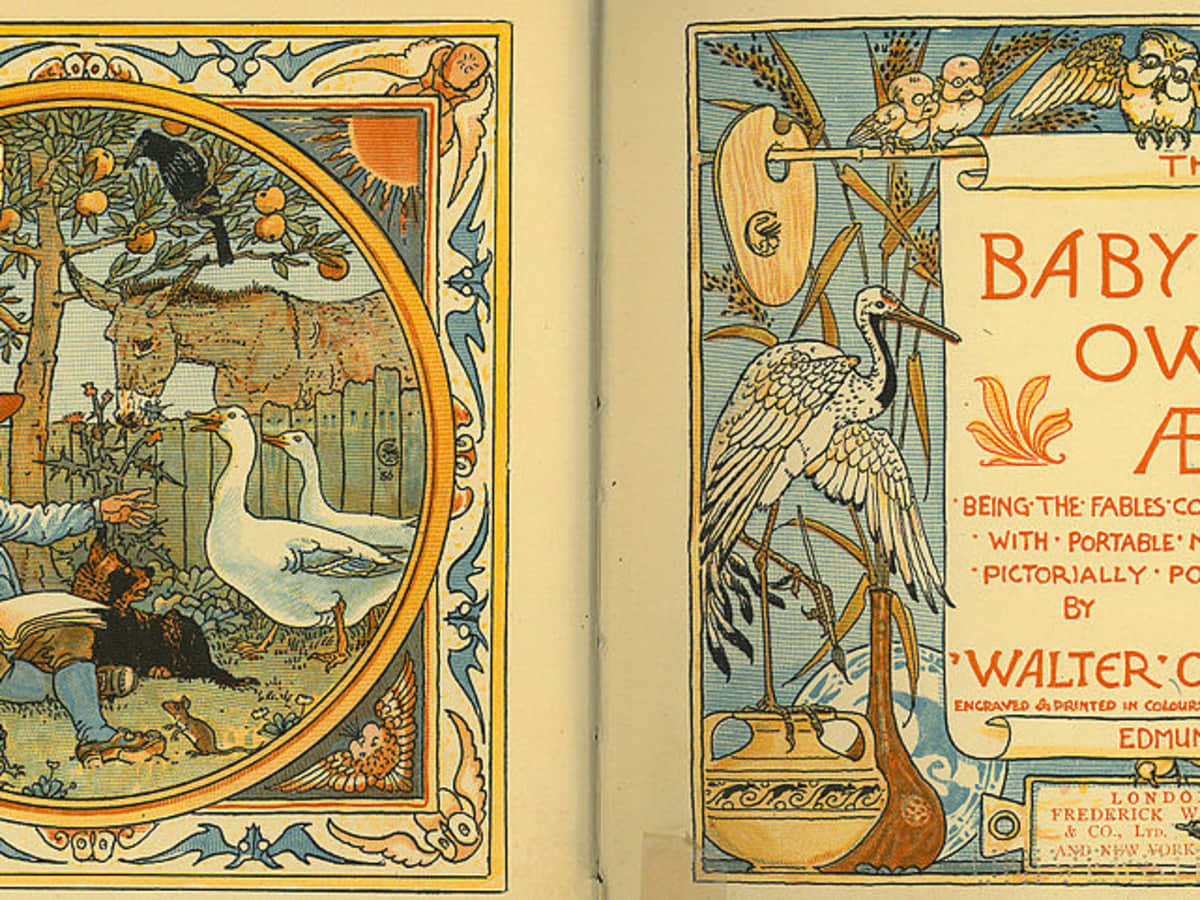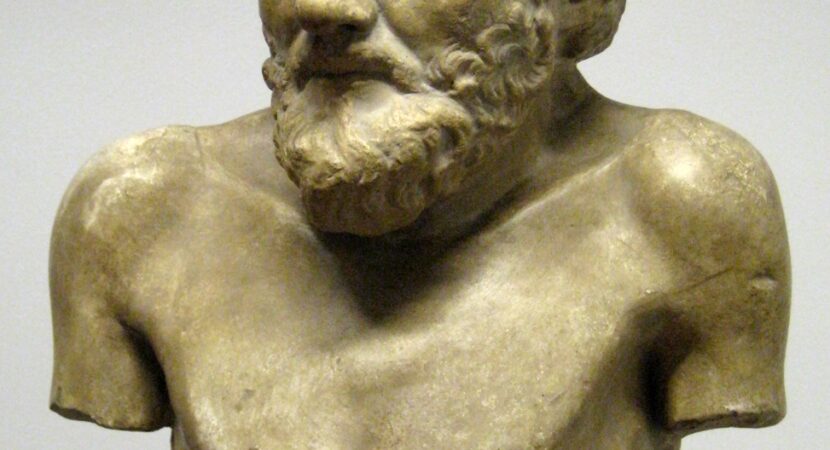The beginning
Few names in storytelling are as well-known as Aesop, the famed fable writer from Ancient Greece. Despite the veils of time that hide his life, Aesop’s legacy lives on through his collection of timeless stories known as Aesop’s Fables. These narratives, passed down through generations, have had an everlasting impact on literature, culture, and education, imparting essential life lessons for over 2500 years.

Aesop: The Enigmatic Fable Weaver
Aesop’s life is shrouded in mystery, but his literary achievements are undeniably significant. He is credited with creating a profusion of stories, and his writings have transcended temporal and geographical bounds, enthralling minds throughout epochs and civilizations.
Aesop’s Fables Have Long-Lasting Impact
Crossing cultural boundaries
Aesop’s creativity was in his ability to incorporate moral teachings into stories featuring anthropomorphic animals. He expressed fundamental truths through relatable characters and ordinary events, allowing his stories to cross cultural boundaries.

A Tool for Moral Instruction
Aesop’s Fables are wonderful instruments for moral education, clarifying values like honesty, kindness, perseverance, and courage. These narratives, which frequently include twist endings, stimulate young minds and develop critical thinking, making them vital in educational curriculum worldwide.
A place of philosophical reflection.
The superficial simplicity of Aesop’s tales conceals a dense tapestry of philosophical concepts. From the value of endurance in “The Tortoise and the Hare” to the need of foresight in “The Ants and the Grasshopper,” each fable asks readers to consider deeper truths about human nature and ethics.
The ability to adjust and universality
One of the distinguishing features of Aesop’s Fables is their flexibility. Nations around the world have embraced these myths, incorporating them into their cultural narratives while preserving the underlying moral teachings they teach. This universality emphasizes the enduring value of Aesop’s advice.
Using Aesop’s Fables in Education: Promoting Moral Development
In educational contexts, Aesop’s Fables are important for moral growth. These stories foster empathy and inspire virtuous behavior in children by presenting ethical challenges and their repercussions in an understandable style.

Fostering Literary Skills
Aesop’s Fables not only teach morals, but they also help children develop literary skills. Through the investigation of characters, settings, and story structures, students improve their understanding and critical thinking skills, providing the groundwork for literary appreciation.
Captivating Young Minds
The accessibility of Aesop’s Fables makes them ideal for young audiences. Short, clear storylines with distinctive characters captivate children’s imaginations, delivering timeless principles that will last their entire lives.
Commonly asked queries.
Q: How did Aesop manage to express complex ideas through simple stories?
A: Aesop’s greatness was in his ability to convey deeper philosophical truths through relatable characters and everyday circumstances, making his fables both accessible and compelling.
Q: Do Aesop’s Fables remain relevant today?
A: Absolutely. Aesop’s Fables explores universal themes such as honesty, generosity, and perseverance, which continue to appeal with readers of all ages and backgrounds.
Q: How can teachers use Aesop’s Fables into their lessons?
A: Educators can use Aesop’s Fables to teach morals, develop literary abilities, and engage students in thought-provoking debates and activities.
Q: What makes Aesop’s Fables appropriate for children?
Aesop’s Fables are accessible and interesting for young readers due to their simplicity, brevity, and moral clarity, which promotes moral and intellectual development.
Q: Is there a modern adaption of Aesop’s Fables?
A: Yes, Aesop’s Fables have spawned various adaptations and retellings, indicating their ongoing popularity and relevance in modern culture.
Q: How can people obtain Aesop’s Fables?
A: Aesop’s Fables are widely available in a variety of formats, including books, internet resources, and educational tools, making them accessible to readers of all ages.
Summary: Embracing Aesop’s Eternal Wisdom.
In a world of constant change and uncertainty, the wisdom reflected in Aesop’s Fables shines as a light of everlasting truth. From classrooms to cultural landscapes, Aesop’s long legacy continues to nourish minds and hearts, reminding us of the timeless power of storytelling to light the way to virtue and understanding.



Reply